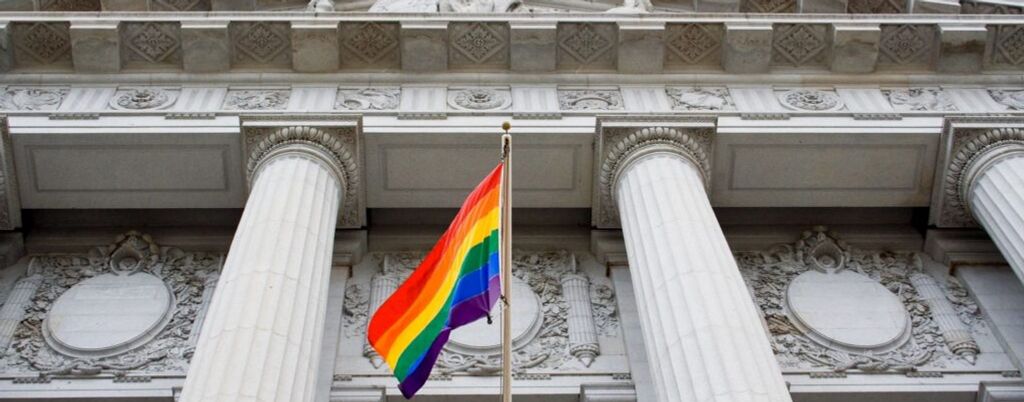From Greta Thunberg to the young social justice activities such as Shayla Turner, young people are stepping forward to address the social issues of our time. While we are no longer surprised by teenage political activism, we may forget that younger teens and older children are also aware of and struggling with the realities of social injustice and environmental degradation. As the parent of an extremely anxious and distressed 12-year-old commented, “she has an adult understanding of these issues, but is not emotionally equipped to deal with them.” Interestingly, this child was not particularly concerned with Covid-19, and was confident that a vaccine would be found. This child was deeply troubled by environmental and social justice issues, and had the intellectual sophistication to recognize that these issues were far more intractable. As adults, we may fail to keep in mind how children are exposed to and potentially overwhelmed by these issues. Moreover, children (including younger teens) not only lack the emotional resources to cope with these difficult realities, but there are also far fewer ways for younger teens and pre-teens to respond to these issues.
Psychologists have long realized that taking action in the face of problems helps lessen anxiety and depression, and potentially increases a sense of personal efficacy and control. This reality is particularly salient currently because Covid-19 has curtailed many activities as well as volunteer opportunities. With school closings and limited activities at many other institutions, such as churches, opportunities for social activism are limited. As a result, children and younger teens are more at risk of feeling overwhelmed and powerless.
Given our current situation parents and professionals may feel challenged on how to best assist anxious stressed children and younger teens. It is our experience that the following strategies may be helpful. First, it is important that adults acknowledge and validate the concerns of children and adolescents. Patronizing or world-weary minimization of young people’s concerns is not helpful. Second, helping children and teens recognize the broader sweep of history can be helpful. While our society is plagued by many ills, we need to remember that there has been notable progress, from the recent Supreme Court decision validating the rights of LGBTQ people to the passage of the 19th Amendment (giving women the right to vote) 100 years ago. Social progress has occurred, albeit inconsistently and with setbacks. Third, finding meaningful ways for children and younger teens to engage in activities that allow them to support the causes that concern them is critical. The ability to take action can reinforce a sense of efficacy and buttress hopefulness. Moreover, working with others can lessen a sense of isolation and strengthen a sense of community. A few resources that offer opportunities for meaningful action are listed below.
Resources to consider:
https://www.feedingamerica.org/hunger-blog/little-kids-make-a-big-impact
https://www.youngvoicesfortheplanet.com/for-kids/
https://www.adl.org/education/resources/tools-and-strategies/10-ways-youth-can-engage-in-activism

